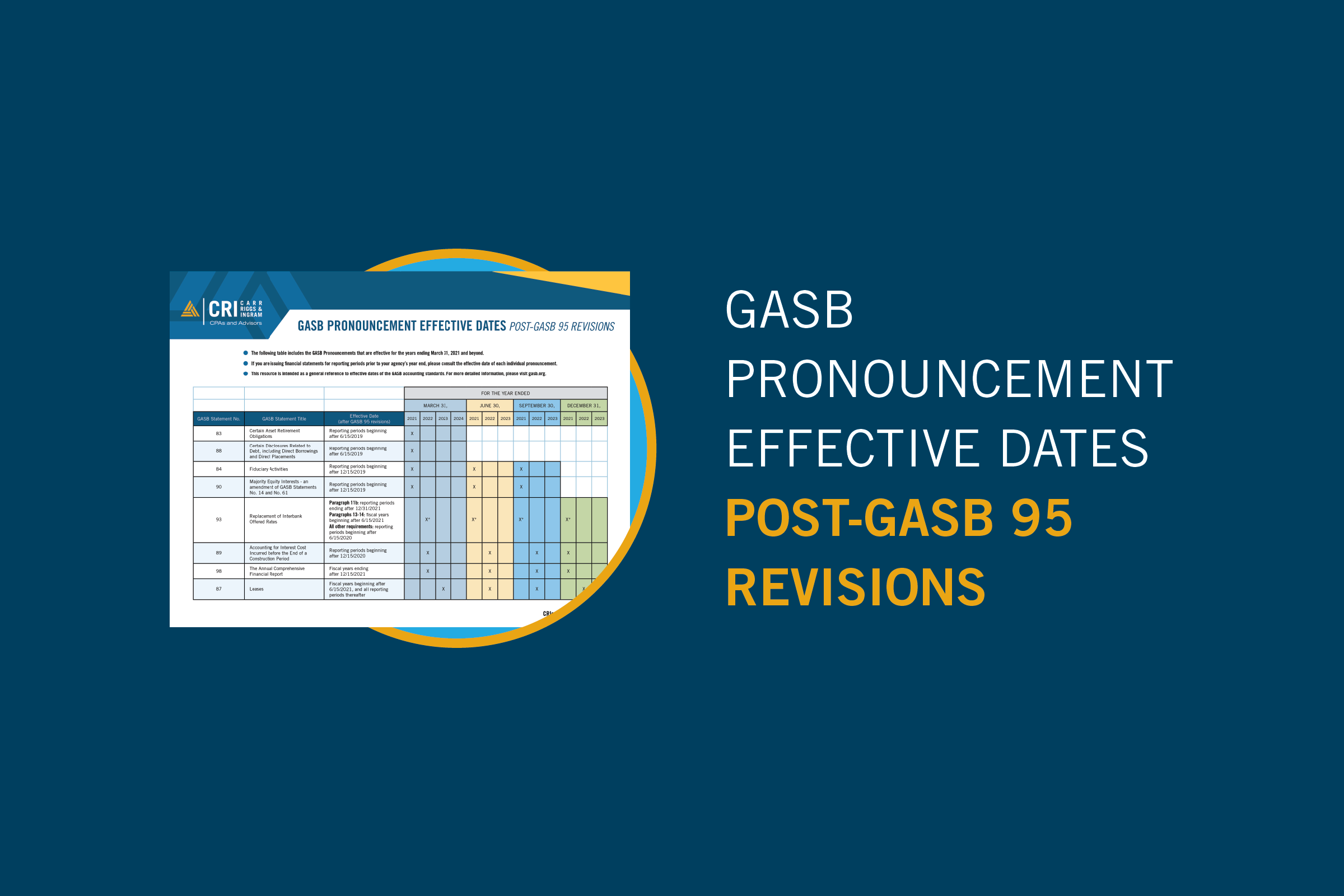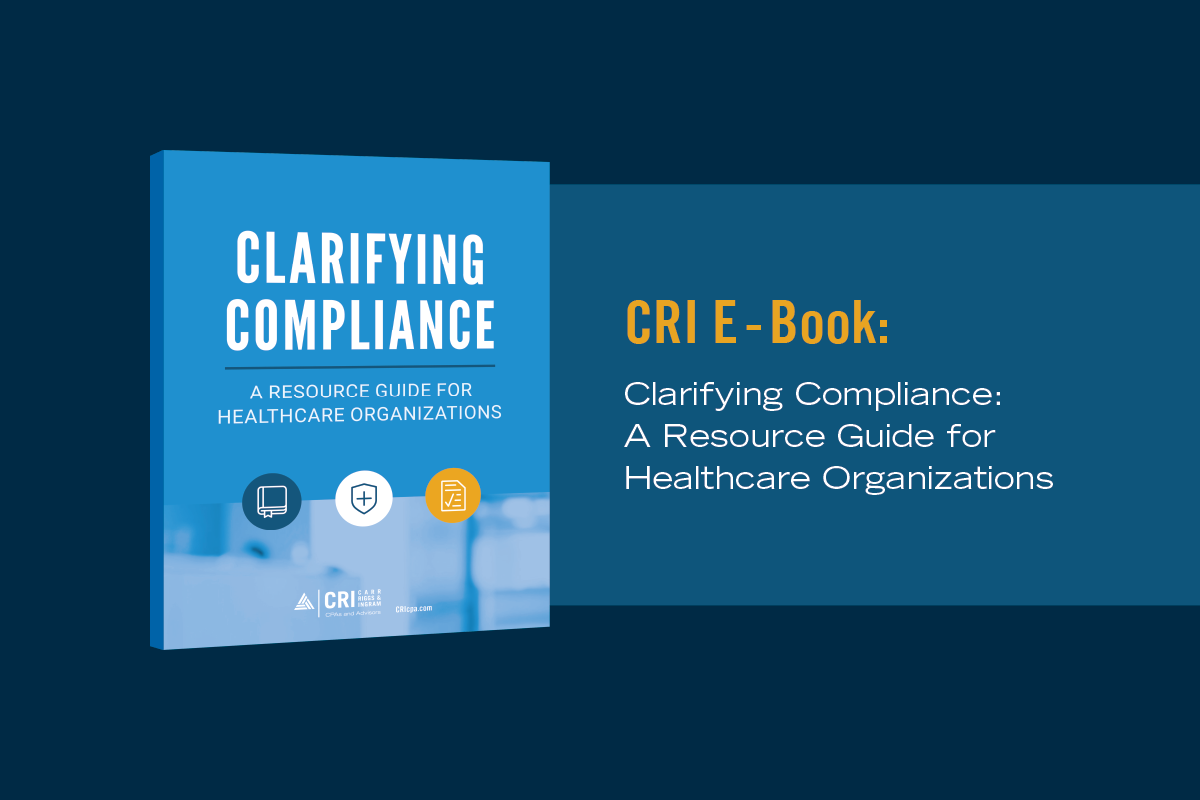Make Digital Assets Part of Your Estate Plan
Jan 8, 2020
Knowing where your assets will go when you pass on and how you can protect them are important topics to bring up with your advisors during your year-end tax planning session. Although you won’t need to completely overhaul your estate plan from year to year, you should tweak it to address changes in your environment or to accommodate new assets you accumulate. This year, if you haven’t already, we recommend you tackle your digital assets.
Defining Digital Assets
Protecting digital assets as part of an estate plan is a relatively new concern for most individuals. Even just 20 years ago, the average person didn’t have any digital assets worth protecting. Unless your estate plan was created recently, it will most likely not have digital holdings listed as an asset category.
Digital assets are electronic data stored in the cloud, online, or in some other digital format like a flash drive or hard drive. Most of us, whether we realize it or not, have digital assets connected to almost every area of our lives. Digital assets include:
Financial assets
…like bank accounts, brokerage accounts, retirement accounts, annuities, and cryptocurrency.
Online accounts and profiles
… like file sharing websites, email providers, medical provider portals, social media forums, your company’s IT network, online merchandisers, and password managers.
Digital files
… like movies you own, photos you’ve taken, documents you’ve created, and emails you’ve written, sent, and accepted.
Licensed assets
… like music and software.
Passcodes to physical assets
… like cellphones, tablets, laptops, thermostats, and security systems.
Why Digital Assets Are Difficult to Protect
Digital assets are not automatically listed in your will, so to protect them after you die, you will need to file an amendment (known as a codicil) to your will. You may also need to establish a “digital executor” to manage those assets.
Unfortunately, even if your digital assets are listed in your will, your executor may not be able to (or be permitted to) access them. The terms-of-service agreements you sign before you create a new online account often prohibit third-party access, even when the account holder dies. These protections are enforced by federal laws like the Stored Communications Act (18 U.S.C. §§2701-2712) and the Computer Fraud and Abuse Act (18 U.S.C. §1030), but some states are working to address this issue. Forty-one states have enacted the Revised Uniform Fiduciary Access to Digital Assets Act, which allows fiduciaries to access, copy, and maintain certain digital assets when they have express consent to do so from the assets’ owner.
Another reason why digital assets are difficult to protect is that they are easy to overlook. Without access to your email, for example, your fiduciaries might not even know about certain accounts or financial assets.
Planning Opportunities
There are a few steps you can take to ensure your digital assets are protected after your death.
Build an inventory of your digital assets.
Listing physical assets is common in wills, so do the same for your digital assets. This will let executors know where to look when it’s time to recover them.
Let your executor know how to access your digital assets.
Give your executor the passkey to your password manager or make a list of individual passwords, logins, and answers to security questions. Just be sure to put in writing that you grant your executor consent to access your accounts. Be sure your executor has a full list of online vendor accounts that should be closed and credit card information that should be deleted after your death.
Update your will and trust.
Talk to your lawyer to update your will and trust with these new assets. Yes, even digital assets (like cryptocurrency) can be placed in trust to benefit your loved ones.
Back up your systems regularly.
If an executor has access to your cloud storage, they can manage your documents remotely. This ability can speed up the distribution process, and it can be invaluable if your executor does not have access to your laptop or phone.
Finally, we recommend that you make an appointment with your CPA. Many digital assets have monetary value, so passing them through your estate can be a taxable event. If you have any questions about your digital estate plan, contact your CRI CPA today.



















































































































































































































































































































































































































































































































